The Truth About Stem Cell Therapy for Alzheimer's in India
.png)
Can stem cells offer a real treatment for Alzheimer's disease in India? This is a question filled with hope for countless families facing the challenges of this neurodegenerative condition. To be direct, stem cell therapy for Alzheimer's disease in India is currently an experimental treatment and is not a proven cure or a standard, government-approved therapy. While it represents a promising frontier in medical research and is offered by some specialized clinics, it's crucial to understand that its clinical effectiveness and long-term safety have not yet been definitively established through large-scale studies.
This post will guide you through the essential questions surrounding stem cell therapy for Alzheimer's in India. We will explore the scientific basis for the treatment, its legal and regulatory status, the associated costs, and what the procedure actually involves. As you navigate the options for Alzheimer's care, this information aims to provide a clear, balanced, and realistic overview of where this innovative therapy stands today.
What is Stem Cell Therapy and How is it Supposed to Work for Alzheimer's?
"Stem cell therapy for Alzheimer's disease is an advanced medical procedure that involves introducing new stem cells into the body to help repair, replace, or regenerate damaged brain cells. The theory is that these cells can reduce brain inflammation, promote the growth of new neurons, and improve neural connections, thereby potentially slowing the disease's progression."
Alzheimer's disease is characterized by the progressive loss of brain cells (neurons) and the buildup of abnormal proteins called amyloid plaques and tau tangles. This leads to memory loss, cognitive decline, and functional impairment. Stem cell therapy aims to counteract this damage.
The most commonly used cells for this purpose are Mesenchymal Stem Cells (MSCs), which can be sourced from a patient's own bone marrow or fat tissue, or from donated umbilical cord tissue. These cells are known for their powerful regenerative and anti-inflammatory properties. Once administered, it is believed they can:
-
Reduce Neuroinflammation: Calm the chronic inflammation in the brain that contributes to neuron damage.
-
Promote Neurogenesis: Secrete growth factors that encourage the survival of existing neurons and the formation of new ones.
-
Modulate the Immune System: Help regulate the body's immune response to prevent it from attacking healthy brain tissue.
-
Clear Protein Aggregates: Potentially help clear the toxic amyloid and tau proteins that are hallmarks of the disease.
Is Stem Cell Therapy Officially Approved for Alzheimer's in India?
"No, stem cell therapy for Alzheimer's disease is not an approved treatment by India's central regulatory bodies, including the Indian Council of Medical Research (ICMR) and the Central Drugs Standard Control Organization (CDSCO). It is considered an investigational therapy."
According to the National Guidelines for Stem Cell Research (NGSCR) 2017, any use of stem cells for therapeutic purposes—outside of bone marrow transplants for specific blood disorders—is classified as experimental. This means that stem cell therapy for Alzheimer's should only be offered within the framework of a formal, registered, and monitored clinical trial.
Clinics that offer this treatment as a routine procedure are operating outside of these official guidelines. Patients considering this option must be made aware of its experimental nature and the unproven efficacy through a detailed informed consent process.
What is the Cost of Stem Cell Therapy for Alzheimer's in India?
"The cost of stem cell therapy for Alzheimer's in India typically ranges from ?4,00,000 to ?10,00,000 (approximately $4,800 to $12,000 USD). The final price can vary based on the clinic's reputation, the type and source of stem cells, the number of sessions, and the patient's specific condition."
This cost is significantly lower than what might be charged in the United States or Europe, making India a destination for some medical tourists. However, it's a substantial out-of-pocket expense, as health insurance in India does not cover experimental treatments. Be sure to request a detailed cost breakdown from any clinic to understand what is included in the package.
What is the Reported Success Rate for This Treatment?
"There is no officially recognized success rate for stem cell therapy for Alzheimer's in India due to the lack of large-scale, peer-reviewed clinical data. While some clinics claim high success rates, these are often based on anecdotal evidence or small, uncontrolled studies."
Some clinics and patient testimonials report improvements in cognitive function, memory, daily living activities, and a slower rate of decline. However, these results are not guaranteed and can vary widely between individuals. Without robust scientific evidence from controlled trials, it is impossible to validate these claims or establish a reliable success rate for stem cell therapy for Alzheimer's. It is crucial to approach such claims with a healthy dose of skepticism.
What Does the Treatment Procedure Involve?
"The procedure for stem cell therapy for Alzheimer's typically involves harvesting stem cells, processing them in a lab, and then administering them back to the patient, most commonly through an intravenous (IV) infusion or an intrathecal (spinal) injection."
The process generally follows these steps:
-
Evaluation: A comprehensive medical assessment, including neurological exams, cognitive tests, and imaging scans, is performed to confirm the diagnosis and determine eligibility.
-
Cell Harvesting: If using the patient's own cells (autologous), a small amount of bone marrow or adipose (fat) tissue is collected under local anesthesia. If using donor cells (allogeneic), they are sourced from a screened, healthy umbilical cord.
-
Lab Processing: The harvested sample is sent to a lab where the stem cells are isolated, concentrated, and prepared for administration.
-
Administration: The stem cells are infused into the patient. An IV drip is common, but for more direct delivery to the nervous system, an intrathecal injection into the spinal canal may be used.
-
Post-Treatment Monitoring: The patient is monitored for any immediate side effects, and a rehabilitation and follow-up plan is established to track progress over the subsequent months.
What are the Potential Risks and Side Effects?
"The risks associated with stem cell therapy for Alzheimer's include short-term side effects like fever, headache, and nausea, as well as more serious risks such as infection, immune reactions, and the theoretical risk of tumor growth. Since the treatment is experimental, the long-term side effects are not yet fully known."
While clinics often market the procedure as safe and minimally invasive, potential risks exist:
-
Immediate Side Effects: Pain or infection at the injection site, fatigue, headache, and chills.
-
Immune Rejection: If donor cells are used, the body's immune system might reject them.
-
Uncontrolled Growth: There is a theoretical, albeit low with MSCs, risk that the cells could form tumors.
-
Lack of Efficacy: A significant risk is that the patient may undergo the expensive procedure with no discernible benefit.
How Can I Find a Reputable Clinic in India?
"Finding a reputable clinic for an experimental therapy requires extreme diligence. Focus on centers associated with major research hospitals (like AIIMS or NIMHANS), be wary of those that promise a 'cure,' and ensure they are transparent about the treatment's investigational status and provide clear information on risks."
When evaluating a clinic, ask critical questions:
-
Are you registered with the CDSCO to conduct a clinical trial for Alzheimer's?
-
What are the credentials of your medical team?
-
Can you provide peer-reviewed data from your past patients?
-
How do you source and process your stem cells?
-
Are you fully transparent about all potential risks and costs?
Are There Proven Alternatives to Stem Cell Therapy?
"Yes, while there is no cure for Alzheimer's, there are several approved and evidence-based treatments and strategies available in India that focus on managing symptoms and improving quality of life. These include medications, cognitive therapies, and lifestyle management."
Standard Alzheimer's care in India focuses on a holistic approach:
-
Medications: Drugs like cholinesterase inhibitors (e.g., Donepezil) and Memantine are approved to manage cognitive and behavioral symptoms.
-
Cognitive Stimulation Therapy (CST): Involves engaging in group activities and exercises designed to improve memory and problem-solving skills.
-
Occupational Therapy: Helps individuals maintain independence by adapting their environment and tasks.
-
Supportive Care: Managing diet, exercise, and social engagement is crucial for maintaining overall well-being.
These proven strategies should form the foundation of any Alzheimer's care plan.
Navigating complex medical treatments can be overwhelming. If you're exploring healthcare options around the world, PlacidWay can connect you with accredited facilities and provide the information you need to make confident decisions. Explore Global Healthcare Solutions with PlacidWay!


.png)





.png)
.png)
.png)
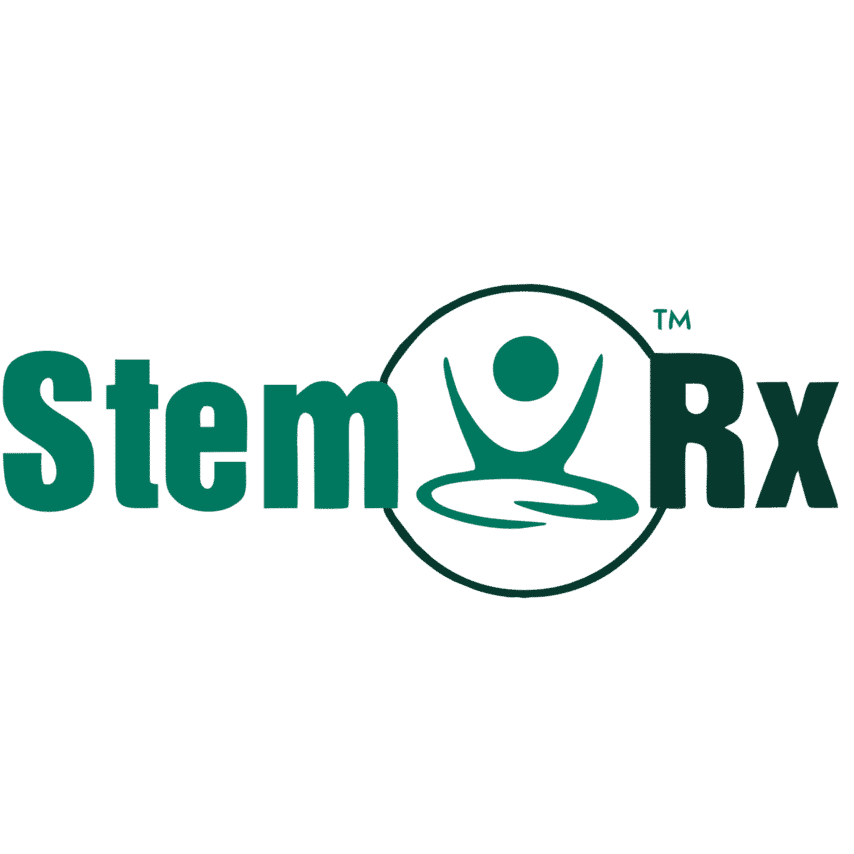
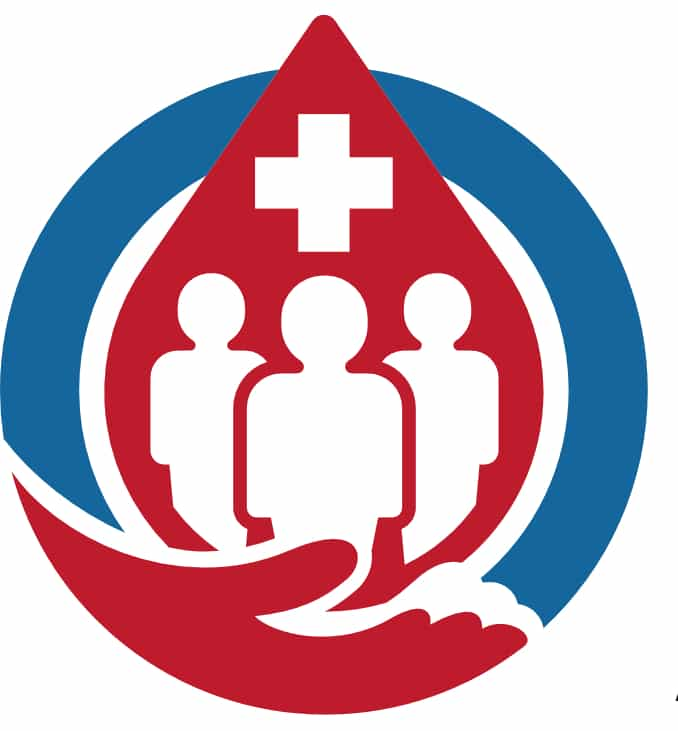
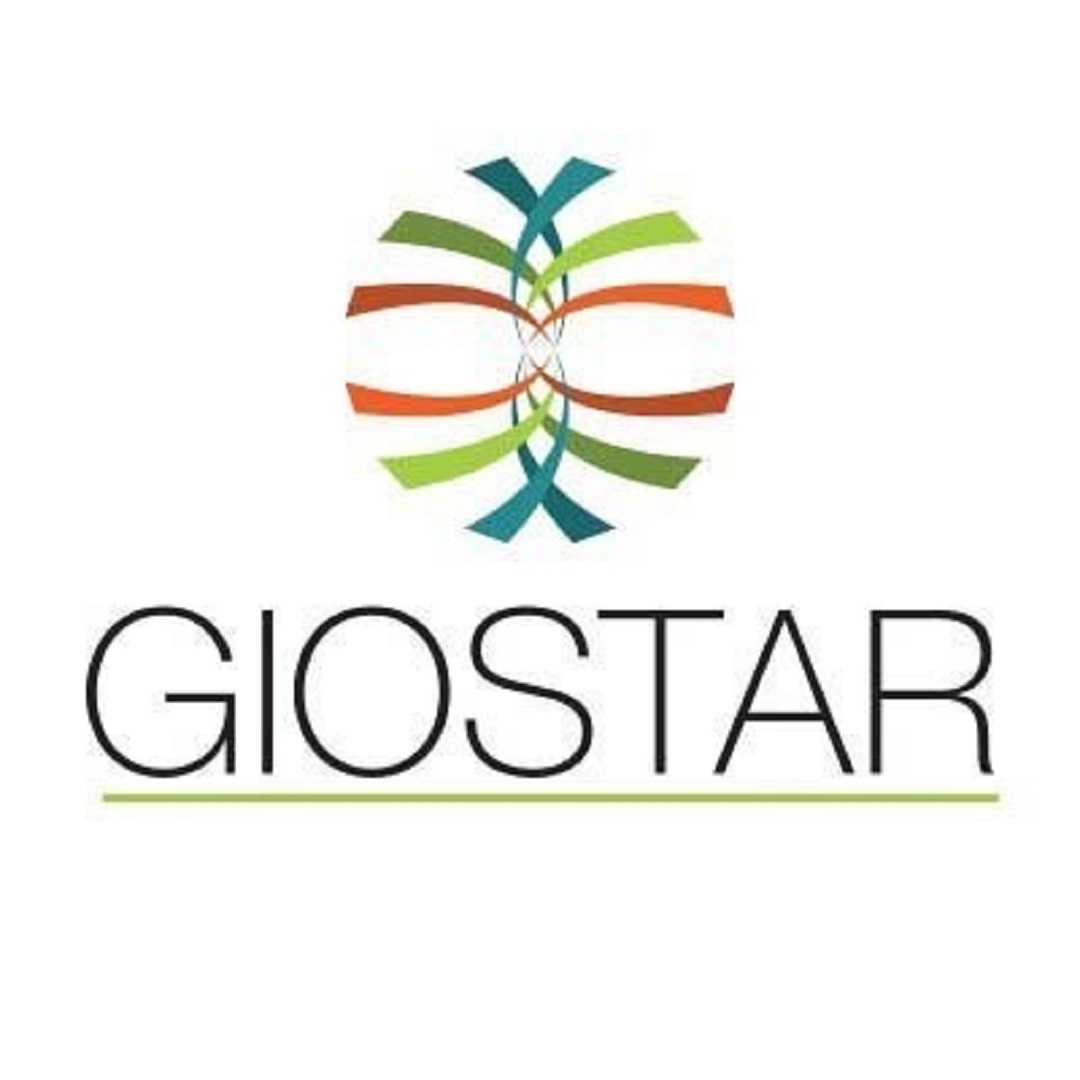
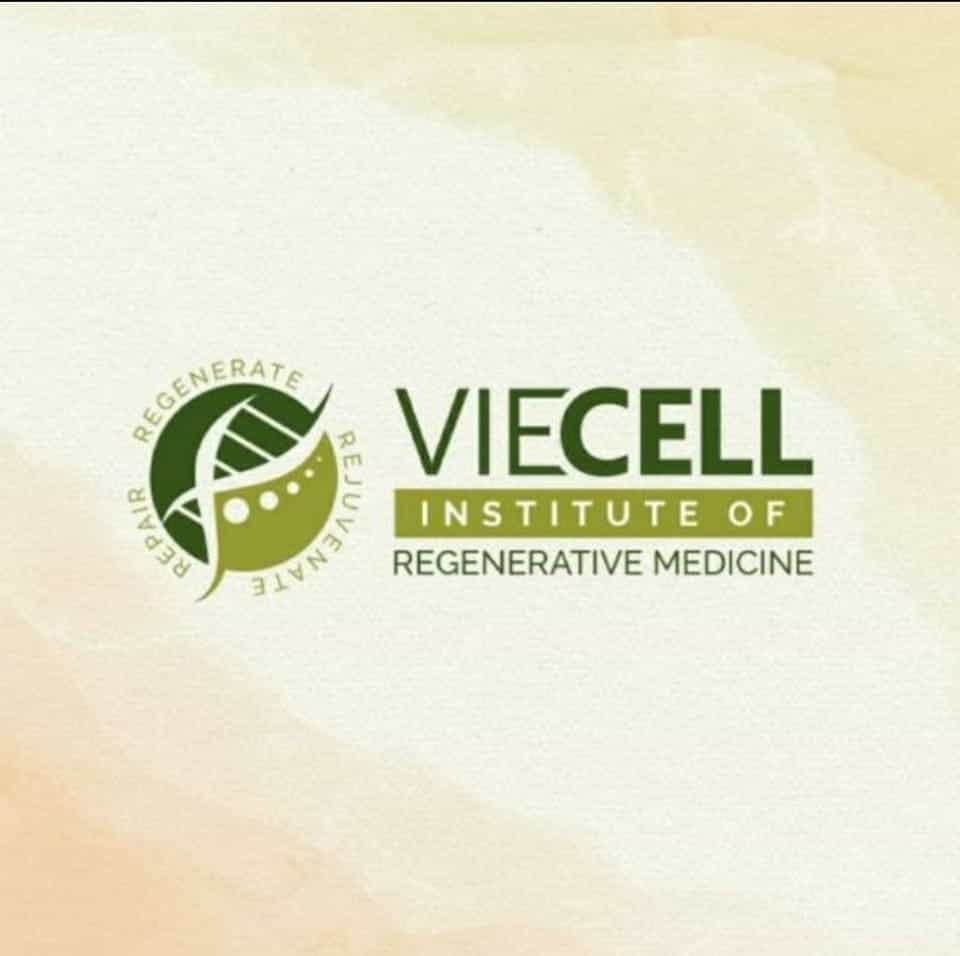
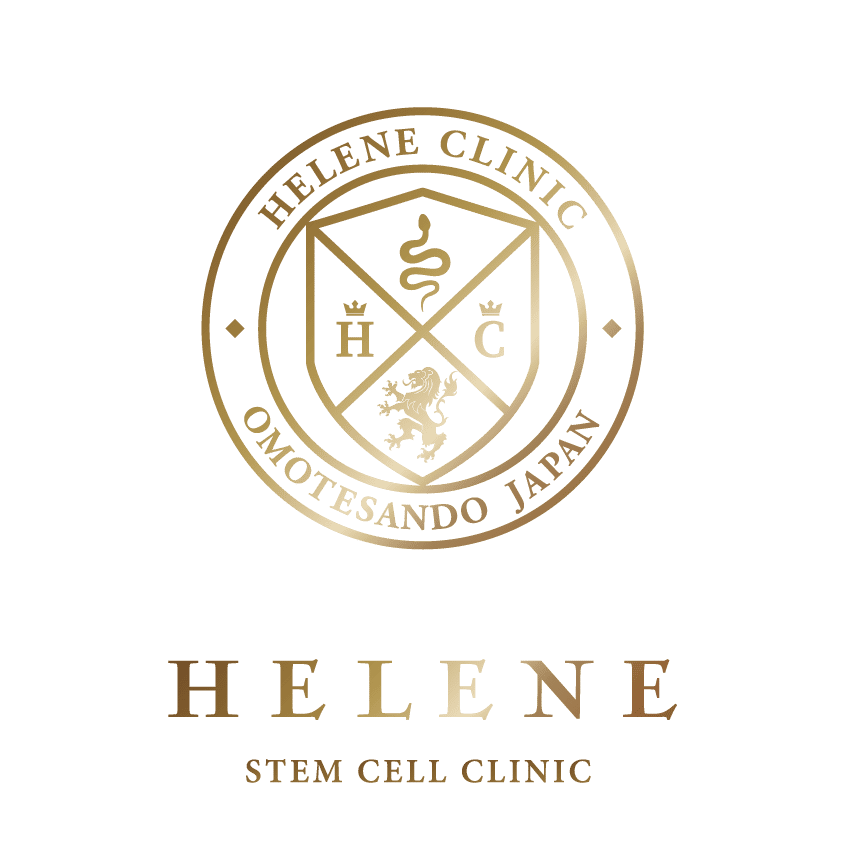

Share this listing